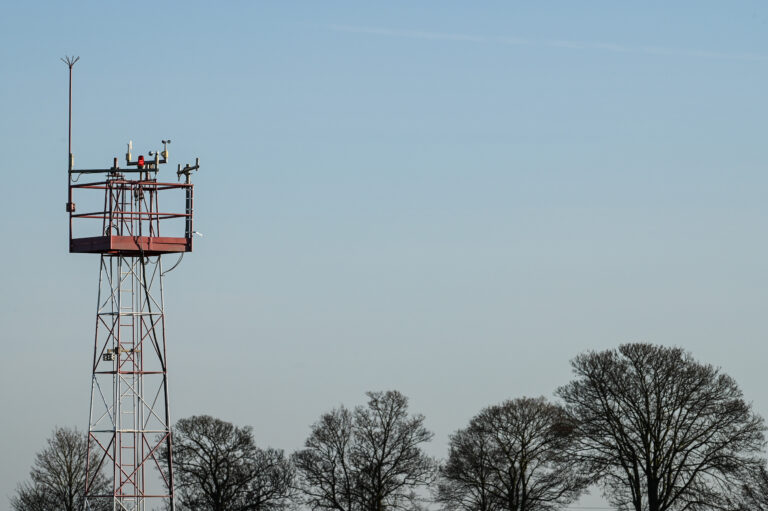The Caribbean Meteorological Organization (CMO) will host a training workshop on radio frequency matters, in collaboration with the World Meteorological Organization (WMO) expert team on radio frequency coordination (ET-RFC) and with the support of the Caribbean Telecommunications Union (CTU), on February 23, 2024.
The workshop will run in conjunction with the 5th meeting of the WMO expert team on RFC, February 20, 21 and 22, 2024, at the CTU Headquarters, Port of Spain, Trinidad and Tobago. The training workshop, reportedly the first of its kind, will include at least 20 local experts from radio frequency user groups within the public, private and academic sectors in Trinidad and Tobago. Participants from the other 15 CMO member states will attend the workshop virtually. In total, 18 international experts will attend the ET-RFC meeting, some as trainers for the workshop. Additionally, more than 50 national focal points on radio frequency matters from WMO members across the world will be engaged virtually.
The workshop’s aim is to keep local experts and decision makers on RF matters well informed and up to date on the value of the spectrum bands for different applications associated with operational weather forecasting, climate and environmental monitoring and research in weather, climate, water and related environmental sciences.
From the Caribbean perspective, a pivotal RF issue concerns the measurement of sea surface temperature, as tropical storms form when the sea surface temperature reaches or exceeds 26°C and rapid intensification of storms has been observed over warm currents and eddies. The CMO highlighted that satellite sensors that measure emissions from the surface are the sole means of monitoring the vast oceanic regions where hurricanes form. Weather forecasts and early warning systems for hurricanes and other severe weather conditions rely extensively on numerical weather prediction (NWP), which requires accurate observations to provide forecasts. Additionally, microwave spectrum bands help provide vital information on water vapor, clouds and precipitation.
The goals of the workshop are to increase the capacity of local and regional experts and to develop new experts in the field of spectrum management in the Caribbean. It will focus on the international regulations governing the allocation of the RF spectrum for a range of purposes, including weather prediction, climate monitoring and earth system science. It will address integrated RF and related issues to ensure there is a comprehensive understanding of the importance and the requirements of radio frequencies for meteorological and related environmental activities. The intent is to provide regional decision makers and regulators with the knowledge required to make more informed decisions about frequency allocations.
According to the partners, these vital, life-preserving operations are facing escalating challenges from emerging technologies. Therefore, the organizations found it imperative to increase the understanding and coordination of radio frequency matters with national, regional and international regulatory authorities and stakeholders to effectively manage and protect earth observation frequencies that are vital for the safeguarding of lives, livelihoods, property and economies.
For more key training updates from the meteorological technology industry, click here.



